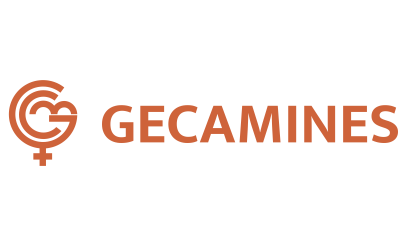
A classroom at L’école Gécamines Mutoshi (Gécamines Mutoshi School), located in Kolwezi le Groupe Ouest
During the time of l’Union Minière du Haut Katanga (UMHK) (Miner Union of Haut Katanga), workers were granted significant social benefits in the guise of a workforce stabilization policy, for reasons related to the job market (such as specific qualifications and the lack of a workforce). These social benefits essentially took the form of social services, which the company provided to its staff. As a result, all the employees received free healthcare and child education.
Gécamines Sarl’s 111 schools are organized into 949 classes, which were attended by 41,670 students in 2013—including Gécamines children and children of third parties. The company’s education network is, after the official network, one of the most dense and vast school networks in the copper province.
Strengthened by 794 select and seasoned Gécamines employees, and supported by 1,043 sub-contracted employees, l’Enseignement Général et Technique Gécamines (Gécamines General and Technical Education) is open to 42% of students originating in Katanga’s mining hinterland. This in turn has created a great partnership between the State and the provincial government.
All of Katanga’s future elite have the privilege of studying at the educational infrastructures. Though some of them are clearly dilapidated, owing to the fact that they date back to the 1940s, they provide pre-school, elementary, general high school, and technical high school (long cycle and short cycle) education. Also, the competitive Centres de Promotion Familiale (Family Advocacy Centers) have achieved prase-worthy results on the final national exams, awarding prizes of excellence to several winning students.
Gécamines SA learning facilities offer a plethora of options, which provide young people with a fresh perspective. In the long cycle (biochemistry, math and physics, business and computer science, electronics, electricity, general mechanics, auto mechanics, industrial chemistry), and in the short cycle: (mechanical maintenance, metallurgy, mining, and cutting and sewing).

